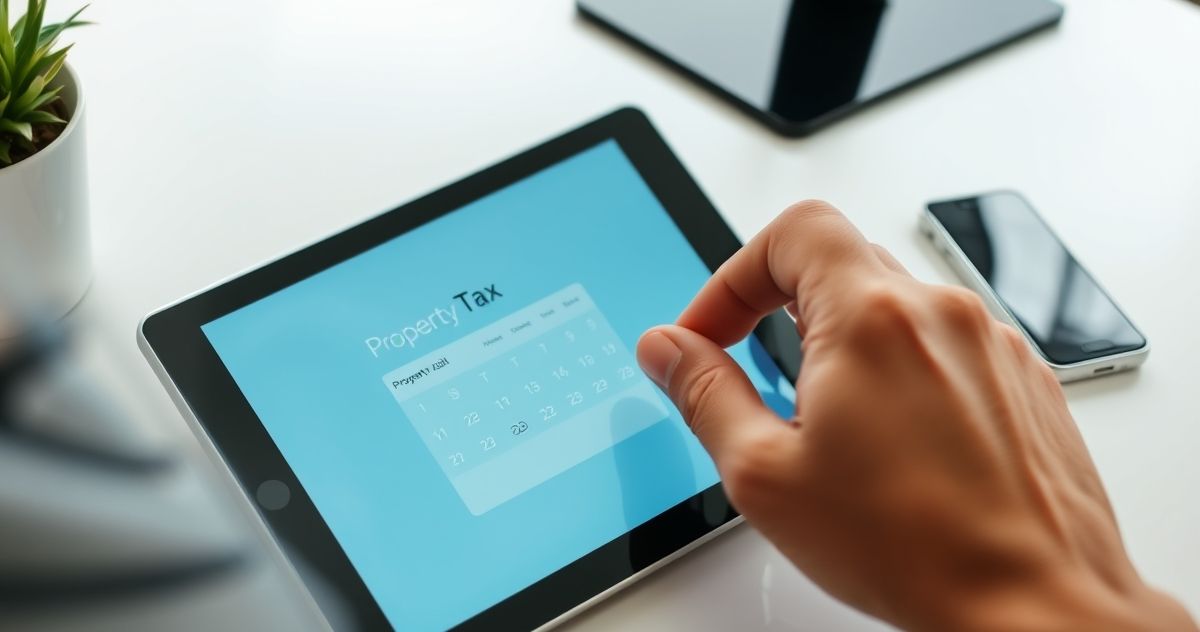Prepaid property taxes occur when a homeowner pays property taxes for the upcoming tax year in advance, typically before the end of the current calendar year. While this can be useful for budgeting or tax planning, the IRS requires that the tax liability must be officially assessed (i.e., formally billed by the local tax authority) before prepayment and paid within the same tax year to be deductible on that year’s tax return.
For example, if your county sends you an assessed property tax bill for the 2025 tax year in November 2024, paying this bill by December 31, 2024, can allow you to deduct that amount on your 2024 tax return. However, if the local government has not yet issued an official bill or assessment, prepaying does not qualify for a deduction.
One common reason taxpayers consider prepaying property taxes is to maximize itemized deductions, particularly in relation to the state and local tax (SALT) deduction cap. The Tax Cuts and Jobs Act of 2017 limits the total SALT deduction, including property taxes and state income taxes, to $10,000 ($5,000 if married filing separately) per year.
Because of this cap, prepaying property taxes often does not increase your federal tax deduction if you have already reached or exceeded this limit through other SALT payments. For example, if your state income taxes total $8,000, and you typically pay $5,000 in property taxes, prepaying more property taxes won’t increase your deductible amount beyond $10,000.
Before prepaying, consider these important points:
- Verify that the property tax bill has been officially assessed and is for the upcoming tax year.
- Confirm your municipality accepts early payments for future taxes.
- If you have a mortgage with an escrow account, check with your lender to avoid paying taxes twice.
Prepaid property taxes can benefit taxpayers who itemize deductions and have not yet reached the SALT cap, or those who prefer to manage their cash flow by paying large bills early. However, many taxpayers in high-tax states find little tax advantage due to the SALT limitation.
For more on how property tax deductions fit into your overall tax strategy, see our article on State Income Taxes Deduction and learn about Tax Deductions to optimize your filing.
Sources:
- IRS Advisory: Prepaid Real Property Taxes May Be Deductible if Assessed and Paid Within the Tax Year (https://www.irs.gov/newsroom/irs-advisory-prepaid-real-property-taxes-may-be-deductible-in-2017-if-assessed-and-paid-in-2017)
- Investopedia: What Are Prepaid Property Taxes? (https://www.investopedia.com/terms/p/prepaid-property-tax.asp)
- Tax Cuts and Jobs Act Overview (https://www.congress.gov/bill/115th-congress/house-bill/1) (Congress.gov)
- IRS Publication 17: Your Federal Income Tax (https://www.irs.gov/publications/p17)

